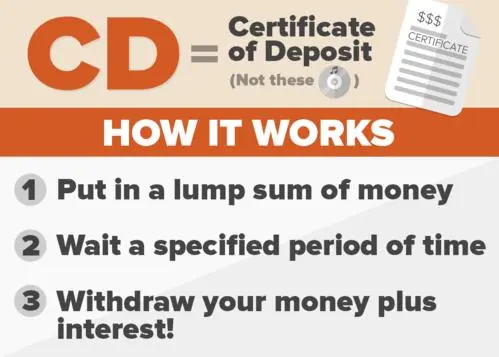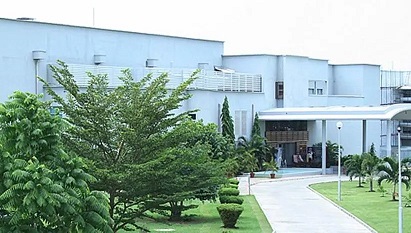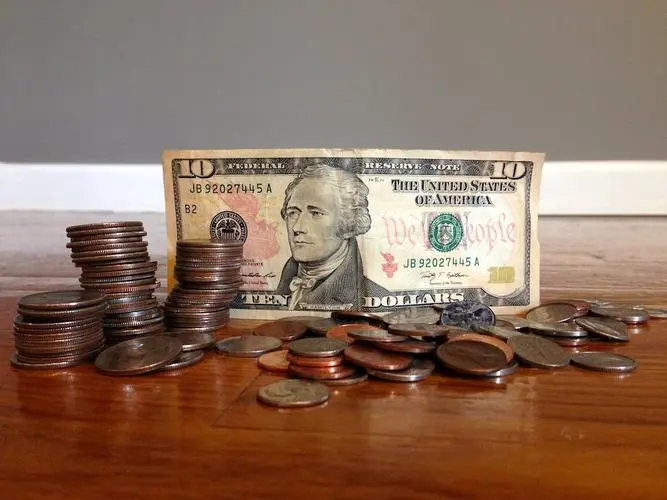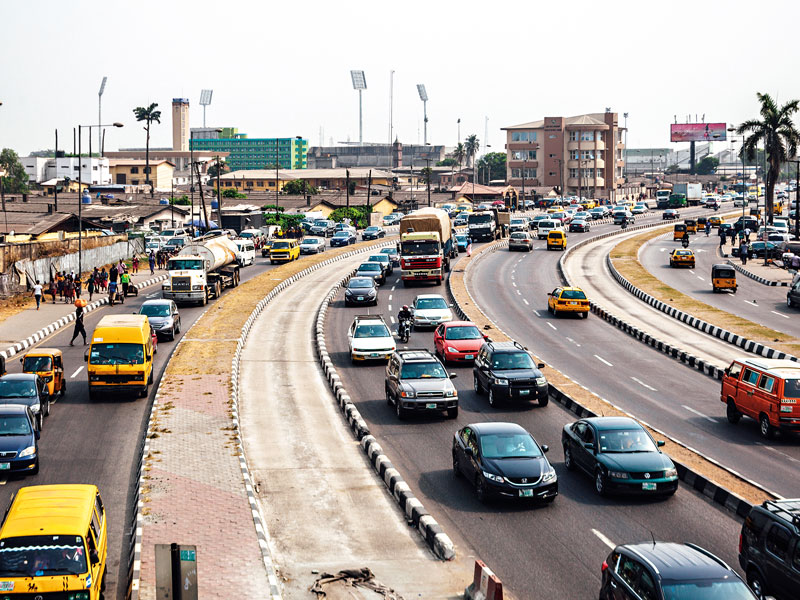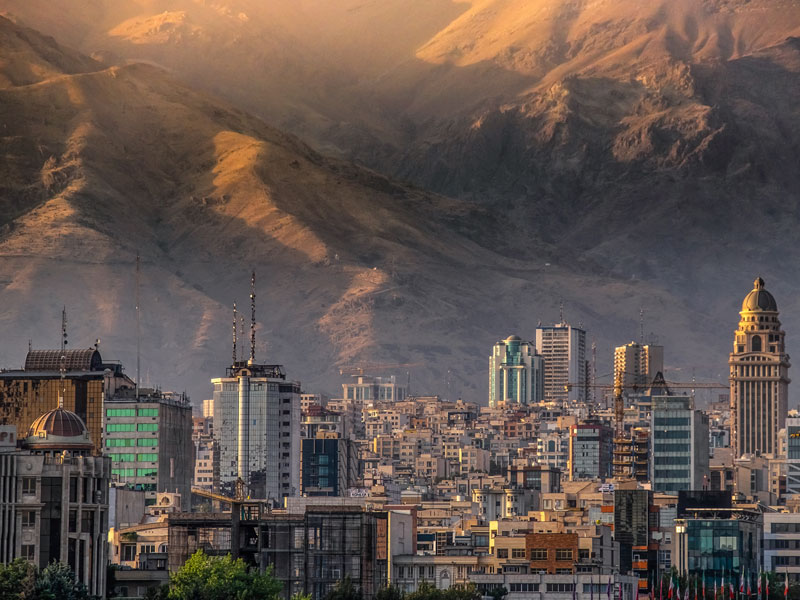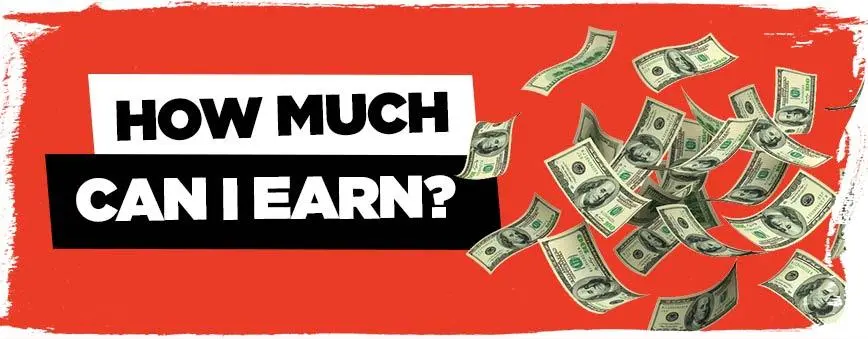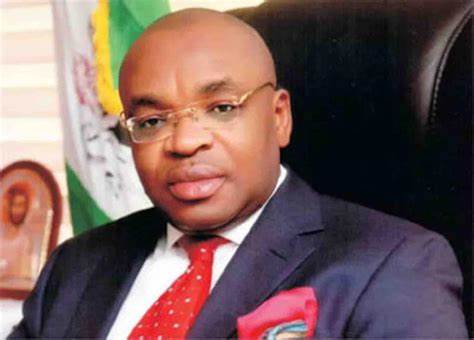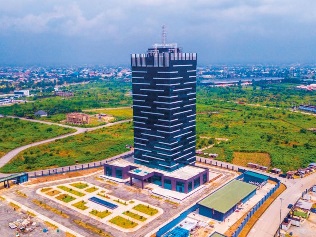
Akwa Ibom, a state in Nigeria, has undergone a remarkable transformation since 2015, when Udom Emmanuel became its governor. He has turned the southern coastal region from a civil service state, where the only employment option was to work for the government, into a private enterprise hub, attracting foreign direct investment from various sectors. In this first video from the hour World Finance spent in the studio with Governor Udom Emmanuel, he reveals his vision for Akwa Ibom's transformation, how he fostered a collaborative relationship with the business community, and why he supports the youth to achieve their full potential. World Finance: When you became governor of Akwa Ibom, what was the economic and employment situation in the state? Udom Emmanuel: Being a civil service state means that the only hope and expectation for employment was to be a civil servant. There were no other alternatives. And being a civil service state also means that it was not appealing to foreign direct investors. Because, what are the factors that enable ease of doing business? Those factors were not given attention. And we came in, and we defined what we call RAW, R-A-W: road, air, water. That is the basis of our industrialisation policy. If you cannot attract people by road, if you cannot attract people by air, if you cannot attract investors by water? It means you have deficiencies. There was no attraction. There was no ease of doing business. There was no hope, no aspiration, no vision for the people. But we are gradually changing that narrative. World Finance: So tell me about the current state of the economy, what opportunities are available, and what changes did you implement to get Akwa Ibom to this position? Udom Emmanuel: The first thing is to assess what you have. Because I believe in life what you have is all that you need, to get to where you want to get to. Once you know what you have, the next thing is, you now drive the human mindset: what do people believe in, what do we stand for? You also need to let people own the processes. Own the system. Claim that ownership. You can call it inclusion. Political inclusion, social inclusion, economic inclusion. And then create that enabling environment, for that inclusion to thrive. I think that's basically what we did. Because if you don't get that right, you cannot create all the other areas that I was referring to. Let me give you a practical example of what we did. You know we are a developing nation? If you cannot afford to pay school fees for your children, government should come in as social contract. So right now, at the basic level, we run free and compulsory education.
